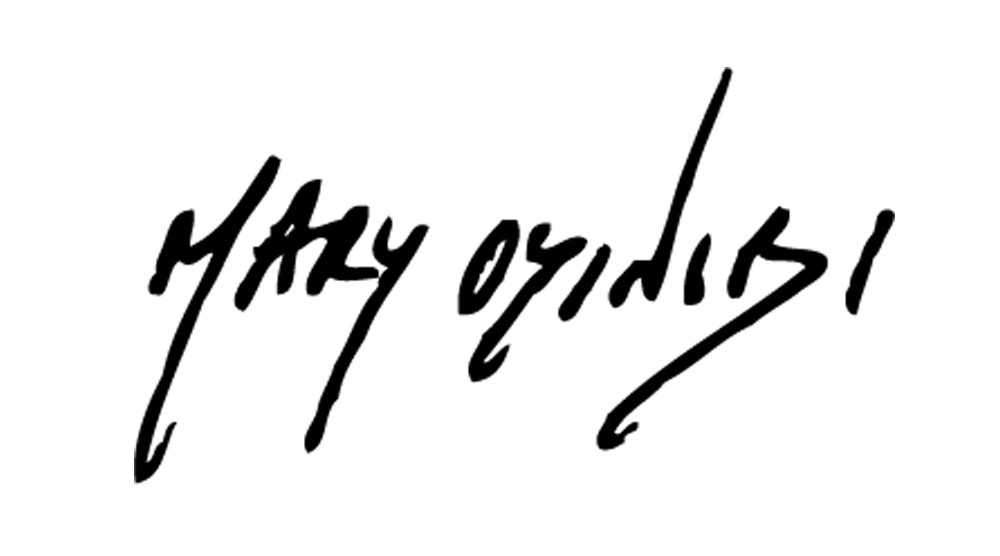Lydia
Wars vs Peace
“Wars destroys dead as well as survivors. I have survived but left hopeless, despaired depressed........Both sides of wars looses something, someone, everything or even own life. I am glad I found the Fontaine of Peace. Peace within me and with my neighbor. Only Peace will build War destroys. CHOSE LIFE.”
In 1995 I escapeda civil war from Burundi. This opposed the Hutus ethnic majority to Tutsi ethnic majority. The day I escaped Hutus who were campaigning for democracy like myself were dragged out of their housesbeaten to death chopped by machetes or burned alive. Pregnant women were cut open live and left to die as well as their babies whether premature or term babies.
I escaped from work without my family or anything. I got reunited with my children 8 years later and 9 years later with my husband.
The world will be a better place if only people were to live together in peace. Love and acceptance of one another can achieve that.
Asiya
The Aftermath
You don’t see the aftermath.
You don’t see the million little indignities
and micro-aggressions of their circumstances.
Or the subjugation they experience once they’ve fled.
You don’t see the myriad ways in which these incidents infiltrate their lives.
Until ‘refugee’ becomes more than a box they tick or a status they hold;
it becomes an identity.
You don’t see what happens after the initial explosion, flood or genocide;
after the streets run full and plenty, and then dry, with blood, water and debris. What happens next is worse.
What happens next forces us to confront the reality that is the darkest parts of our humanity; but it isn’t glamorous.
There are many reasons why you don’t see what happens next, I’m sure, but this one seems to be a root in the undergrowth.
The aftermath is not glamorous.
You don’t see the way war rips apart families.
Like the year and a half my mother and I spent separated from my father, communicating only by audio tapes.
You don’t see how conflict shapes lives.
Like when, at age 2, I asked my father how his wife and child were, because I thought
he was a stranger I was meeting for the first time. You don’t see how enmity ensures a person never feels settled again.
Like the numerous times my father implored me to pursue medicine because “if anything should happen…and you need to flee to another country, you can make a new life for yourself without too much hassle.”
You don’t see how this new-found status means a person is palpably, either implicitly or explicitly, regarded as inferior.
Like the fact that my father’s higher education is routinely discounted – and the subsequent deeply humiliating and othering encounters, of condescending xenophobia, my father has endured in an attempt to make a life for us here.
You don’t see the day-to-day effects of ever-present individual prejudices on a person.
Like the fortitude it takes my father to not hate people, to not become the monsters he’s escaped, for the distorted
perception of foreignness, placed on him by them; because of his accent, his skin, or his audacity to exist.
You don’t see these things so you don’t know, or understand, the true meaning of these
handcrafted atrocities, these – human made disasters.
I mean, why would you?
Would that neither did any of us.
Emmanuel Jal
Southern Sudan
EMMANUEL JAL was born into the life of a child solider on an unknown date in the early 1980s in the war-torn region of Southern Sudan. Through unbelievable struggles, Emmanuel managed to survive and go on to emerge as a recording artist, achieving worldwide acclaim for his unique style of hip hop with its message of peace and reconciliation born out of his personal experiences.
Emmanuel has recently appeared alongside Reese Witherspoon as one of the lead roles in the Warner Bros 2014 film release ‘The Good Lie’. The film was released to outstanding reviews at The Toronto Film Festival, rated by Forbes in the Top 20 films of 2014 and certified ‘Fresh Pick’ by film aggregator Rotten Tomatoes.
Jal’s JUNO nominated fifth studio album “The Key” was released on September 9, 2014on Gatwitch / Universal and includes collaborations with Grammy award winning artists Nile Rodgers and Nelly Furtado .
Jal has released four studio albums to date: “Gua,” “Ceasefire,” “Warchild” and “See Me Mama.” and live appearances have included Live 8, Nelson Mandela’s 90th Birthday Concert and the One Concert for his Holiness the Dalai Lama. He has collaborated and performed alongside artists such as Peter Gabriel, Nelly Furtado, DMC Joss Stone, Nile Rodgers and Alicia Keys.
Despite his accomplishments in music and film, one of Jal’s biggest passions is Gua Africa, the charity he has founded to work with individuals, families and communities to help them overcome the effects of war and poverty.
In December 2010, Jal released “We Want Peace,” as part of the wider campaign of the same name calling for peace, protection and justice for all in Sudan ahead of the January 2011 referendum, but also calling for an end to all conflicts affecting innocent people around the world. The campaign was supported by A-list artists and leading figures from diverse fields, including Peter Gabriel, Alicia Keys, George Clooney, Richard Branson, President Jimmy Carter, Kofi Annan and many more.
Jal has been awarded the Calgary Peace Prize, the Humanitarian Award from the Hunt Institute, The Dresden Peace Prize, The Mattie Stepanek Peacemaker Prize and has been honored by
Ban Ki Moon at the UN for his peace efforts in South Sudan.
